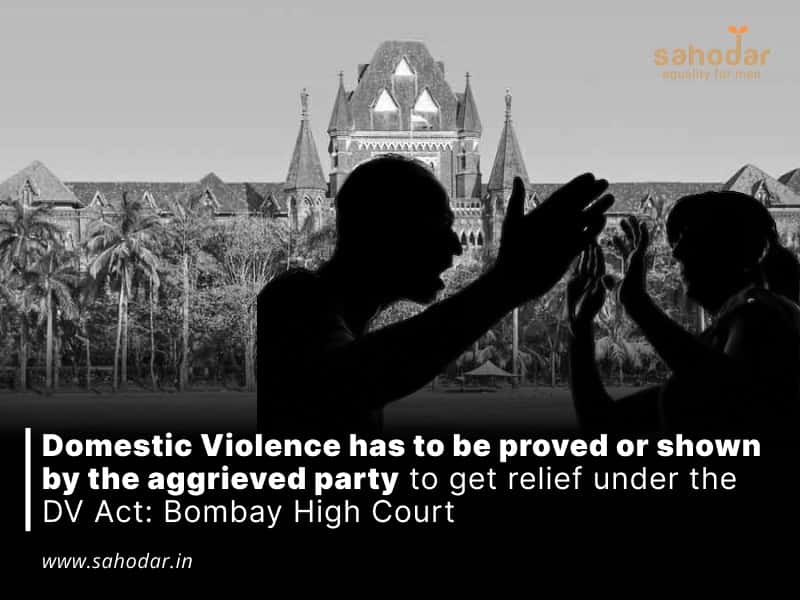Justice S.G. Mehare’s bench was handling a petition that disputed the ruling and directive of the Additional Sessions Judge. The case involved a husband and wife, where the wife had initially filed for divorce citing cruelty and desertion, but her petition was dismissed, and the appeal she made against the judgment was also dismissed. The husband later filed a complaint for custody of their children but the Court rejected it on the grounds of lacking jurisdiction. He did not submit an application to the relevant jurisdictional court.
In 2006, the wife filed a petition requesting maintenance for their children under Section 20 of the Hindu Adoption and Maintenance Act, which was granted, and the husband complied with the order. Later, the wife filed another petition seeking to increase the maintenance, which was also granted and accepted by the husband.
However, in 2015, the wife filed a petition under Section 18 of the Hindu Adoption and Maintenance Act, which was only partially granted and subsequently challenged. The District Court overturned the order.
In 2014, the wife initiated proceedings under the Protection of Women from Domestic Violence Act, but the petition was dismissed by the Judicial Magistrate First Class. She appealed the dismissal, and the Sessions Judge granted her a monthly maintenance allowance of Rs. 3,000/- and a monthly house rent allowance of Rs. 3,000/-.
The bench was deliberating on whether or not to intervene with the order issued by the Additional Sessions Judge.
The High Court observed that the Additional Sessions Judge had not provided any justification for disagreeing with the well-reasoned order passed by the Magistrate. The Judge’s statement, which lacked explanation, wrongly stated that the Magistrate had not properly evaluated the evidence presented. This level of analysis was not expected of a senior judge like the District Judge, who was responsible for writing a detailed judgment in the appeal. In contrast, the Magistrate had meticulously considered all aspects of the case, including the evidence and the relevant laws governing domestic violence and the rights of the aggrieved parties under the D.V. Act.
The bench emphasized that under the D.V. Act, an aggrieved party must demonstrate that domestic violence occurred in order to seek redress. In this case, the wife has been living apart from her husband since 2005 and has not previously claimed maintenance through either legal means or her own petition, though she is receiving interim maintenance of Rs. 1,000/- as part of an ongoing divorce petition.
The High Court determined that the Magistrate’s well-reasoned order was correct in its conclusion that the wife failed to establish the occurrence of domestic violence. However, the Additional Sessions Judge’s order was deemed illegal, improper, and incorrect due to a failure to properly examine the evidence presented and apply the relevant rules. As a result, the bench granted the revision application.
Source: https://lawtrend.in/to-seek-relief-under-dv-act-the-aggrieved-person-has-to-prove-or-prima-facie-show-that-there-was-domestic-violence-bombay-hc/

